Prescription medications play a crucial role in maintaining our health and wellbeing. Incorporating a balanced diet, considering targeted supplementation, and consulting with your healthcare provider can help ensure you maintain optimal nutritional health while benefiting from your medications.
GLP-1 medications are among the latest advancements in diabetes and weight loss management, and include medications like Ozempic, Wegovy, Trulicity, and Mounjaro. While they offer significant benefits, it’s important to be aware of potential nutrient deficiencies that may arise during treatment. As these medications work to regulate blood sugar levels and promote weight management, it may impact your body’s absorption of essential nutrients. Adequate protein intake, along with vitamin B12, vitamin D, iron, and calcium intake is particularly important when using GLP-1 medications.
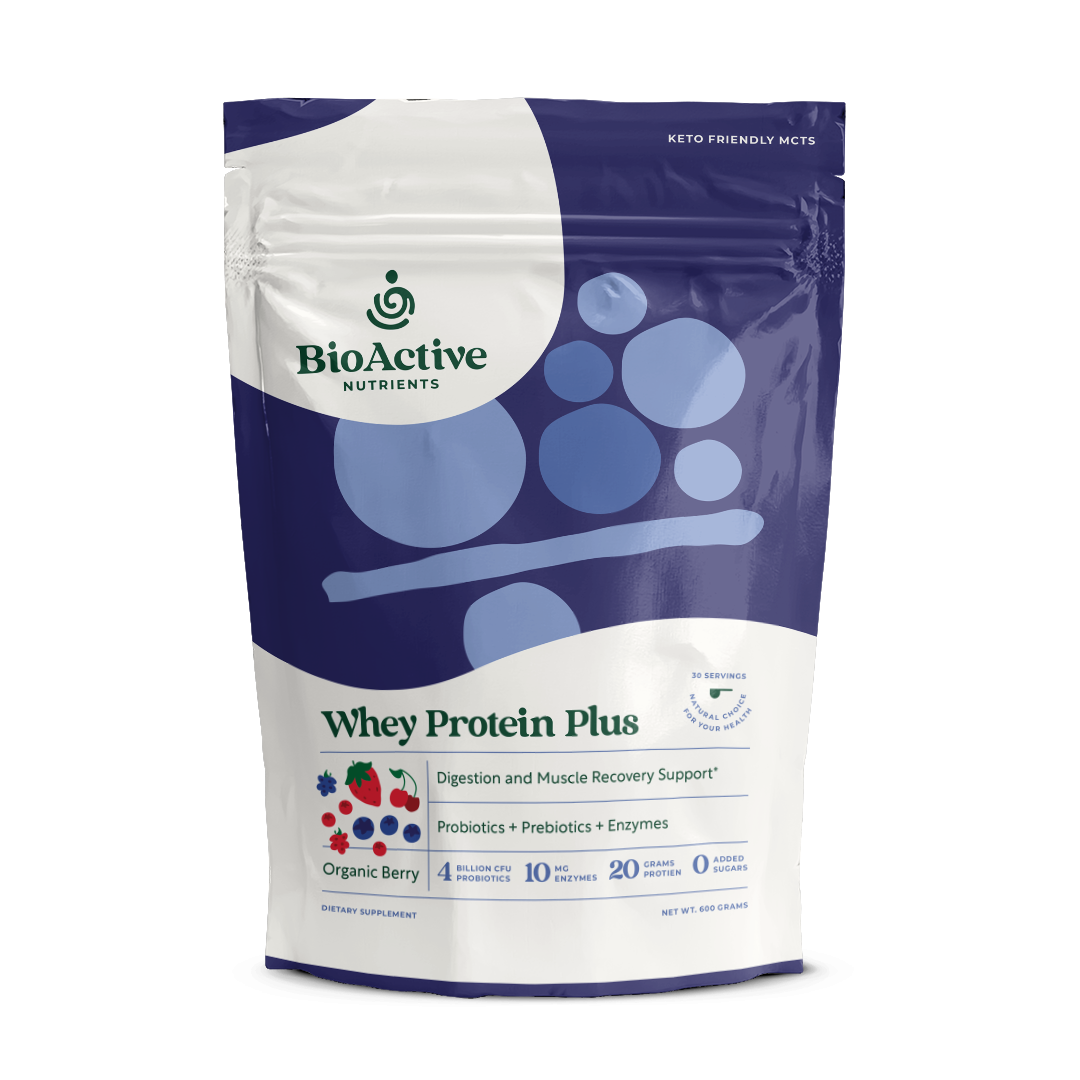
Protein
Protein is vital for building and repairing tissues, supporting muscle growth, and maintaining a healthy immune system. It also helps you feel fuller for longer, making it a great ally for weight management. Enhance your diet with high protein foods while taking a GLP-1, such as eggs, dairy, nuts, beans, chicken, or fish.
You can add more protein to your diet using protein powder! We have options in vanilla, chocolate, and organic mixed berry on our online store!
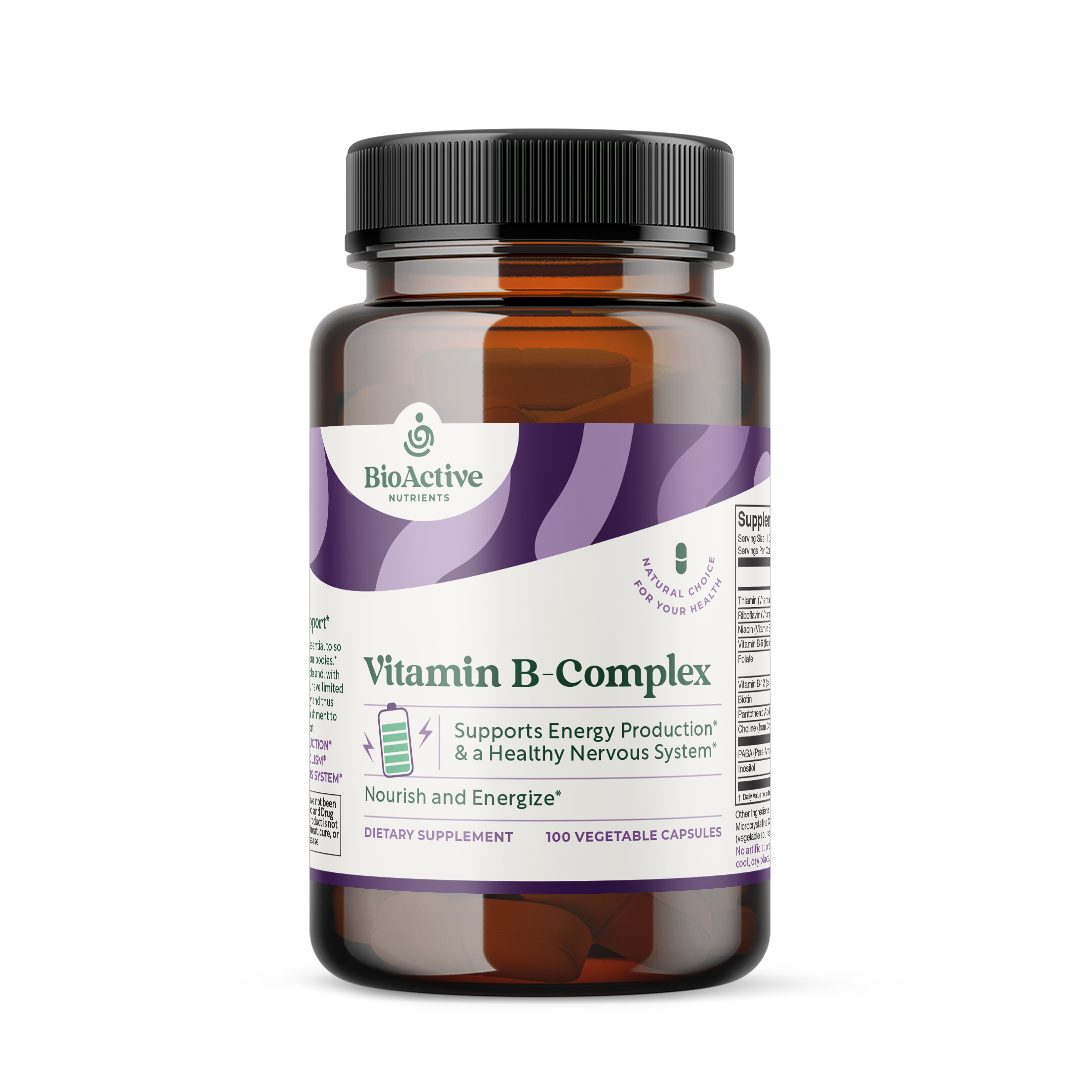
Vitamin B12
Vitamin B12 is important for red blood cell formation, cell metabolism, nerve function, and DNA production. Vitamin B12 is commonly found in foods such as fish, shellfish, meat, eggs, and dairy products. It is also available as a dietary supplement as vitamin B12 or included in a multivitamin.
Looking for a B12 supplement? Shop our Vitamin B Complex that is available online!
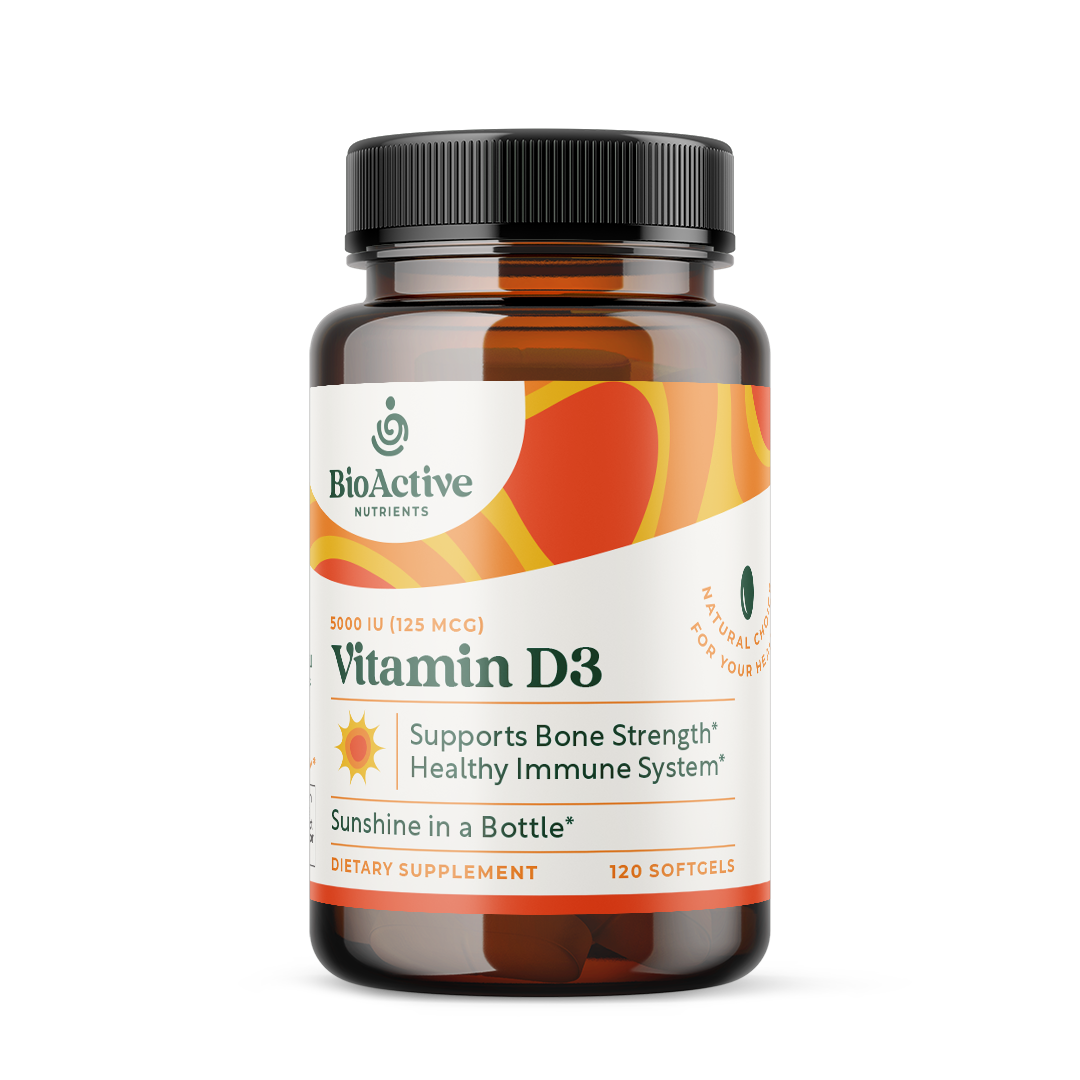
Vitamin D
Vitamin D promotes calcium absorption in the gut. This helps maintain bone and muscle health. Vitamin D is found in a few foods such as fortified milk and fish. Most vitamin D is produced by your body in response to sunlight. It is also available as two different types of dietary supplements, Vitamin D2 and Vitamin D3. Both forms are equally effective at improving vitamin D deficiency.
Looking for a Vitamin D supplement? Check out our Vitamin D3, available in our online store.
Iron
Iron is important for the formation of red blood cells and muscle cells, and energy production. Sources of iron include meat, fish, and beans. Iron supplements are available over the counter. Talk with your healthcare provider to see if you need to take iron supplements as too much iron can also be bad for your health.
Calcium
Calcium is an important mineral that can help with bones, your heart, muscles, and nerves. Calcium is present in many foods in our diet including dairy, dark leafy greens, fish, and fortified foods. There are several types of calcium supplements available over the counter including calcium citrate and calcium carbonate.
Consult with your healthcare provider to determine which supplements are right for you. Also consider including foods high in these essential nutrients into your diet. Taking these proactive steps can help you maintain optimal nutritional health while benefiting from your medications.
Looking for a larger selection of supplements? Get 15% off your first order from Blue Sky Vitamin!
Sources:
https://www.healthline.com/health-news/nutrient-deficiency-risk-wegovy-zepbound
https://ods.od.nih.gov/factsheets/VitaminD-HealthProfessional/
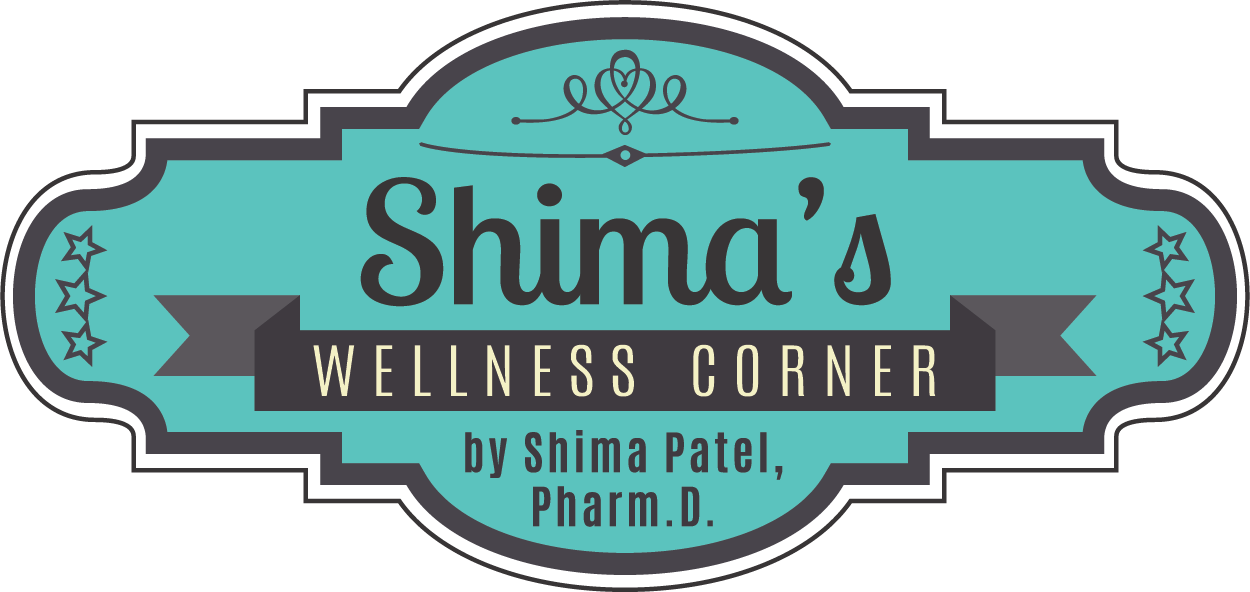
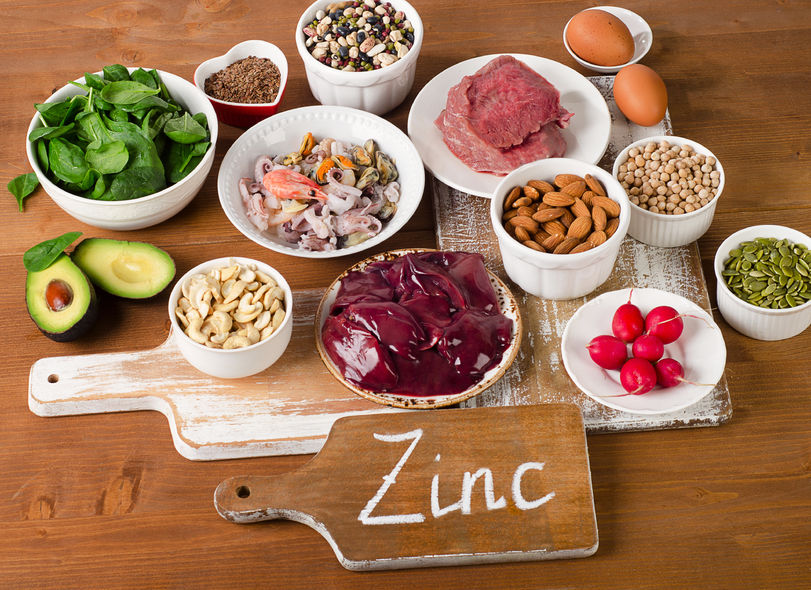
 About Shima:
About Shima: